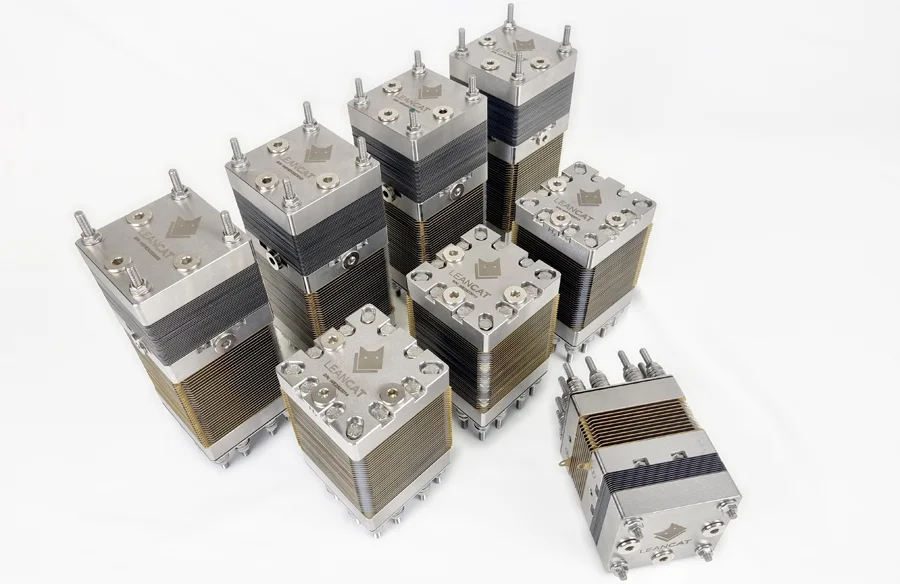In recent years, hydrogen mobility has been increasingly discussed as one of the key ways to achieve sustainable transport. Hydrogen technology offers many advantages, including zero emissions and quick refueling. However, one of the main limitations for the wider deployment of hydrogen fuel cells is the dependence on critical raw materials, especially platinum.
Breakthrough in reducing platinum addiction
Platinum is a precious metal that is only found in a few areas of the world, and its mining is often associated with environmental and social problems. This makes it not only expensive, but also a strategically sensitive material. This dependence on platinum is one of the main factors holding back the mass deployment of hydrogen technology. In this context, a great breakthrough comes from the Czech Republic. Czech scientists have developed a new technology that makes it possible to significantly reduce the need for platinum in fuel cells. This patent promises up to a tenfold reduction in the use of platinum, which could fundamentally affect the economics of hydrogen mobility.
Economic and sustainability impacts
Reducing the need for platinum would not only lower the cost of fuel cell production, but also help mitigate the environmental and social impacts associated with mining the metal. In addition, hydrogen technology could expand into many areas, including passenger transportation, public transportation, and even industrial applications. This Czech patent is an example of how innovation can contribute to solving global challenges such as climate change and sustainability. Reducing dependence on critical raw materials is key to sustainable development, and this development shows that even small countries like the Czech Republic can play an important role at the global level.


